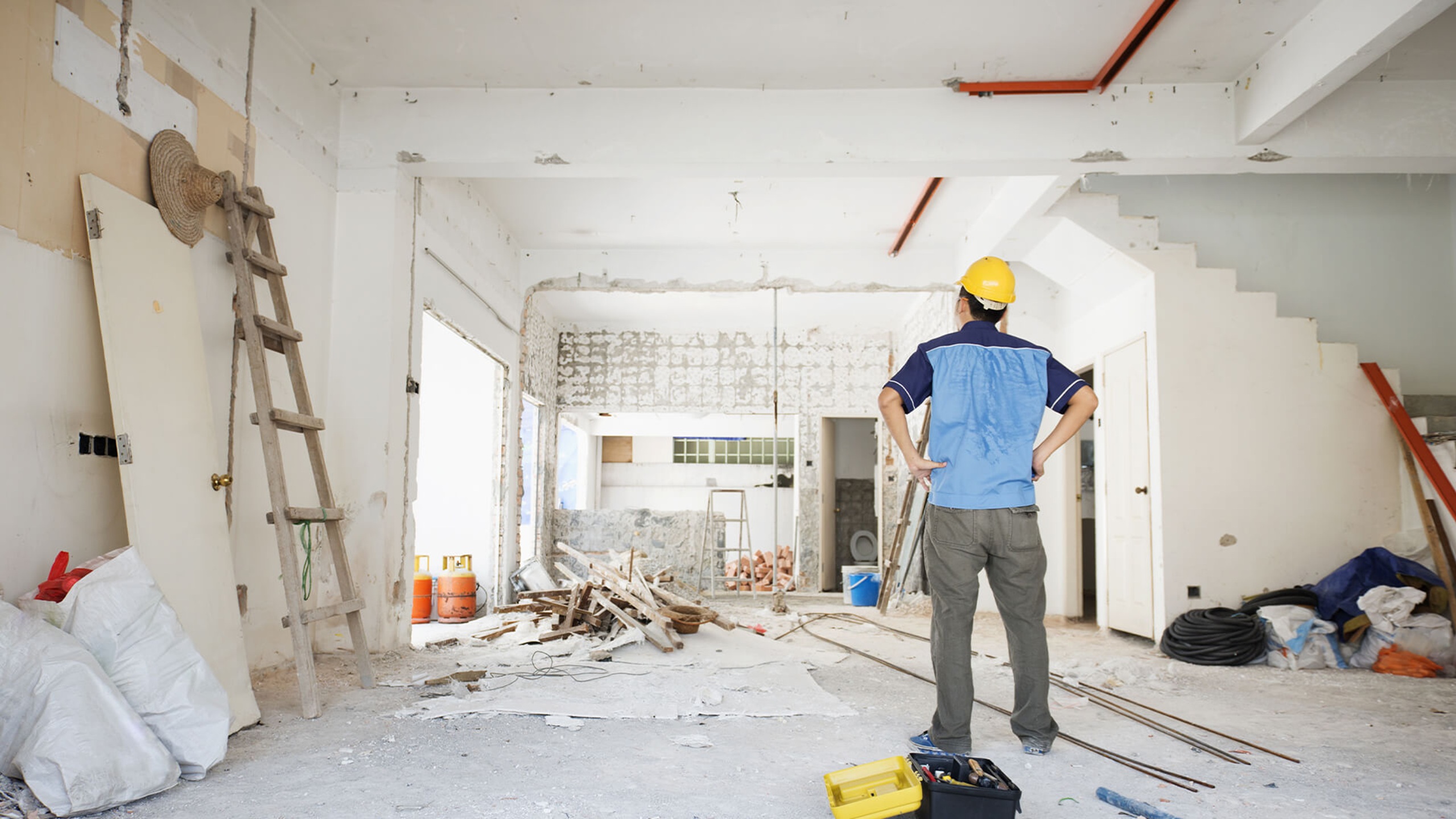Making strategic renovation decisions is critical for property owners in Seattle’s competitive rental market. With evolving tenant expectations and rising demand for quality housing, investing in the right upgrades can significantly boost rental income, tenant retention, and property value. This guide provides insights on when and where to allocate renovation funds to maximize returns.
Why Renovate Rental Properties in Seattle?
Increased Rental Demand
Seattle's rental market has seen consistent growth, with vacancy rates hovering around 4%. It continues to attract professionals, tech workers, and students, creating strong demand for well-maintained rental properties.This demand presents a compelling reason for property owners to invest in upgrades to stay competitive.
Competitive Market
New property developments in Seattle continue to push rental standards higher, making it essential for older buildings to undergo renovations to remain attractive. Properties with modern features often command up to 10% higher rents than those without, highlighting the value of timely upgrades.
With newer properties entering the market, older buildings need upgrades to remain attractive to tenants.
Rising Tenant Expectations
Tenants today expect modern amenities, energy efficiency, and aesthetically pleasing living spaces.
When to Invest in Property Renovations
1. Tenant Turnover and Market Trends
Renovating during tenant turnover is an excellent opportunity to make necessary updates without disrupting current tenants. This window allows landlords to address any wear and tear, modernize interiors, and ensure the property remains attractive to prospective tenants. Moreover, tracking Seattle's evolving market trends can help identify features that renters are actively seeking, such as smart home technologies and work-from-home spaces.
2. Property Age, Condition, and Maintenance Costs
Approximately 35% of Seattle’s rental properties are over 20 years old, making them ideal candidates for strategic upgrades to address aging infrastructure and meet modern renter expectations. Older properties often require upgrades to stay competitive. If your rental is over a decade old and has not undergone significant renovations, it might be time to modernize essential areas like kitchens and bathrooms. Furthermore, frequent maintenance issues, including plumbing or electrical repairs, indicate underlying problems that comprehensive renovations can resolve, saving long-term costs.
3. Declining Rental Income and Tenant Expectations
If your rental property isn’t yielding competitive rates compared to similar properties in Seattle, outdated features may be to blame. Addressing these shortcomings through renovations can justify higher rent prices and attract quality tenants. Additionally, modern tenants expect living spaces that offer convenience, energy efficiency, and appealing aesthetics—making targeted improvements essential for meeting these demands.
4. Budgeting and ROI Assessment
Planning renovations requires careful budgeting and strategic investment decisions. Begin by evaluating the potential return on investment (ROI) for different upgrades—with kitchen and bathroom enhancements typically yielding the highest returns. Set realistic budgets by accounting for materials, labor, and contingencies. If financial constraints are an issue, consider phased renovations that prioritize high-impact areas first to maintain cash flow while improving the property.
Key Renovation Areas to Prioritize
1. Kitchen Upgrades
A modern, functional kitchen is a top priority for renters. Consider:
Replacing outdated appliances with stainless steel options.
Installing durable countertops like quartz or granite.
Updating cabinetry for a fresh, clean look.
2. Bathroom Enhancements
Updated bathrooms add significant value and appeal. Focus on:
Installing new fixtures and efficient plumbing.
Adding modern vanities and storage solutions.
Replacing old tiles for a contemporary design.
3. Energy Efficiency Improvements
Seattle tenants appreciate eco-friendly living spaces. Consider:
Upgrading insulation to reduce heating costs.
Installing energy-efficient windows.
Replacing traditional lighting with LED options.
4. Flooring and Paint
Fresh paint and durable flooring can instantly modernize a property:
Choose neutral paint colors for broad appeal.
Replace worn carpets with hardwood or vinyl plank flooring.
5. Outdoor Spaces
Well-maintained outdoor areas are increasingly desirable:
Improve curb appeal with landscaping.
Create inviting patios or communal spaces.
Ensure pathways and entry points are safe and well-lit.
Budgeting for Renovations
Assess ROI Potential
Prioritize renovations that offer the highest return on investment, such as kitchens and bathrooms.
Set a Realistic Budget
Factor in material costs, labor, and contingencies.
Consider Phased Renovations
If budget constraints are a concern, tackle renovations in phases.
How Next Brick Can Help
Next Brick specializes in providing expert property management services tailored to the Seattle rental market. We help owners maximize their investment through effective marketing strategies, tenant screening, and day-to-day management. Our focus is on reducing owner burdens and enhancing tenant satisfaction.
By leveraging our local market insights and proven property management processes, we ensure that owners achieve optimal rental income and long-term tenant retention. From legal compliance to rent collection, Next Brick is a trusted partner dedicated to making property ownership hassle-free.
FAQs
1. How do I know which renovations offer the best ROI? Focus on kitchen, bathroom, and energy-efficient upgrades, as these typically yield the highest returns.
2. When is the best time to renovate a rental property? Tenant turnover periods are ideal to minimize disruptions.
3. How can I budget for property renovations? Assess the ROI potential, set realistic budgets, and consider phased renovations if needed.
4. Are energy-efficient upgrades worth the investment? Yes, they can reduce utility costs and appeal to eco-conscious renters.
5. Can a property management company help with renovations? Yes, companies like Next Brick can coordinate projects, ensure compliance, and manage tenant communications.





